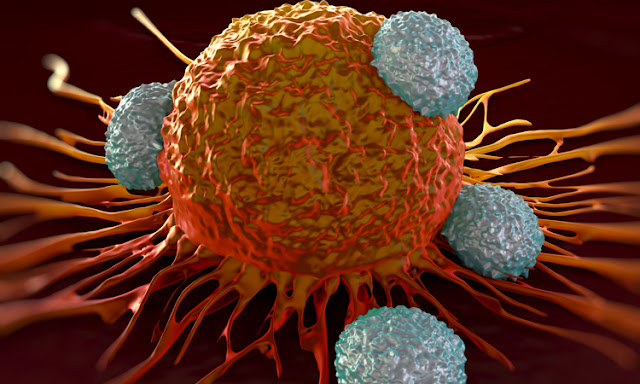Pharmaceutical Anti-counterfeiting Technologies; Play a Key Role in the Identification of Fake Medicines
Pharmaceutical Anti-counterfeiting Technologies play an important role in the pharmaceutical industry as they help reduce counterfeiting of pharmaceutical products. Several techniques are being used by pharma companies to detect counterfeit, as pharmaceutical products are one of the most vulnerable goods to counterfeiting practices. Counterfeiting in the Pharmaceutical is a serious, pervasive threat; according to the World Health Organization (WHO), fake drugs drain the global economy of as much as US$ 200 billion in lost profits annually.
Moreover, around one in ten medical products circulating in low- and middle-income countries are either substandard or falsified, according to the WHO. Up to two billion people worldwide lack access to necessary medicines, vaccines, medical devices, which creates a vacuum that is too often filled by substandard and falsified products. Not only is this a waste of money for the health system and individuals who buy these products, but substandard or counterfeit medical products can cause serious illness or death.
There has been a sharp rise in Pharmaceutical Anti-counterfeiting Technologies Market during the pandemic. Moreover, the circulation of counterfeit drugs/devices/products has increased due to the acute shortage of medicines to treat COVID-19 (coronavirus) in the recent times. Therefore, there is an increasing demand for pharmaceutical anti-counterfeiting technologies across the globe, and to combat counterfeiting, pharmaceutical manufacturers and suppliers are working on adopting a worldwide standardized identification system.
The United States and European Union has a strong legal framework for counterfeit medicines. The Food and Drug Administration (FDA) remains vigilant in protecting the U.S. drug supply from counterfeits and other substandard drugs. Thus, there is an increasing demand for Pharmaceutical Anti-counterfeiting Technologies. Counterfeit pharmaceutical products can affect people in a variety of ways. The use of substandard medicines may result in treatment failure, adverse side effects, toxicity, resistance, and even death.




Comments
Post a Comment